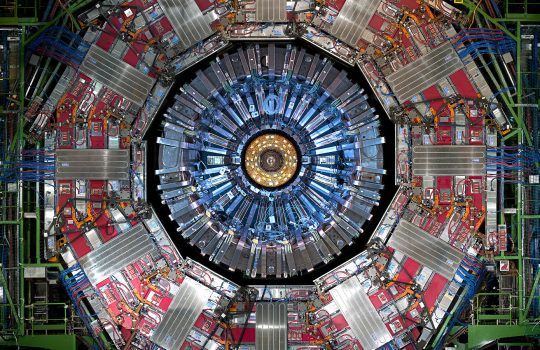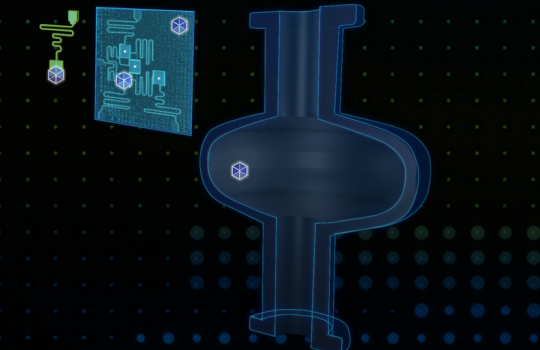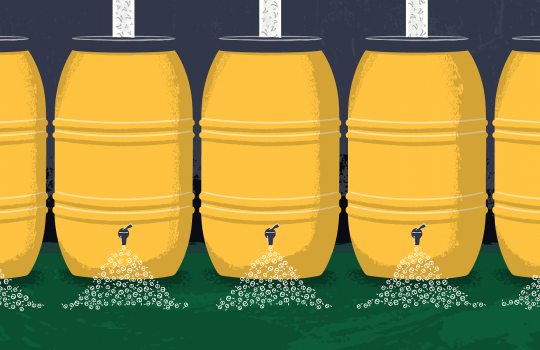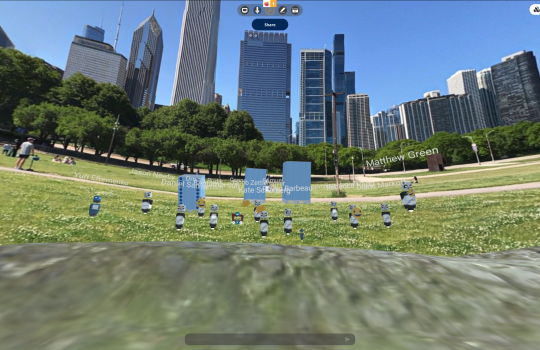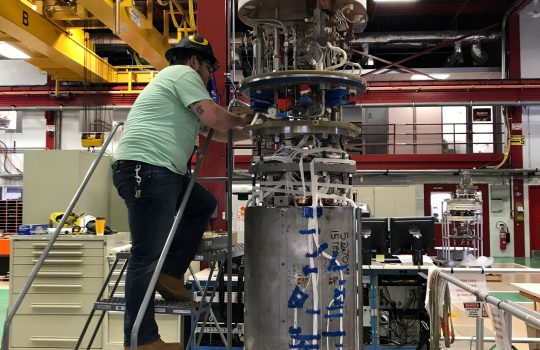Behind the scenes of the CMS experiment’s 1,000th paper
What does it take to publish a scientific analysis in one of the world’s largest experiments? A huge amount of meticulous work and scrutiny goes into each paper published by CMS, a collaboration of about 3,000 scientists.

